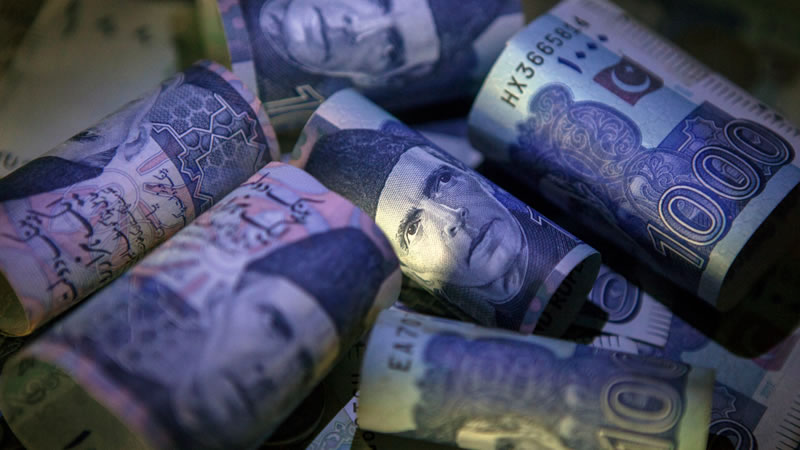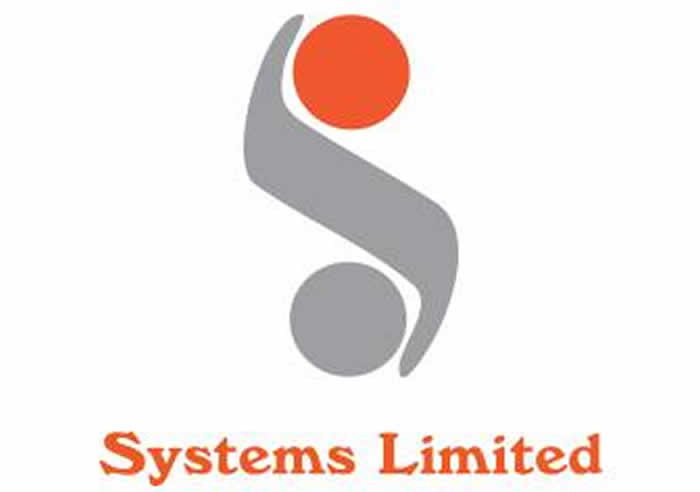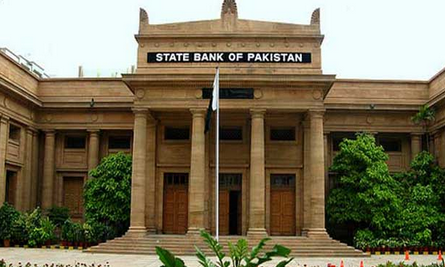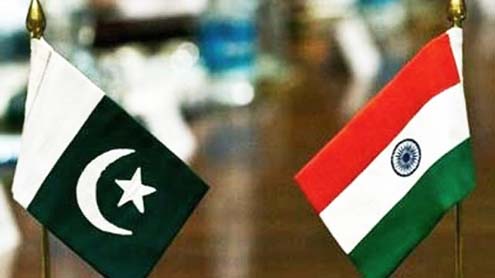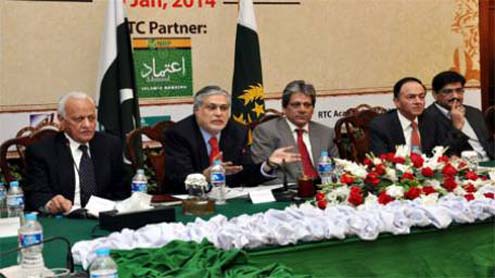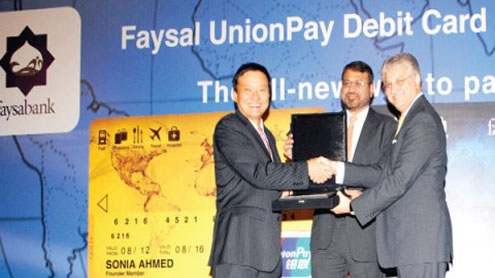
KARACHI: Faysal Bank Limited launched UnionPay Debit Card for first time in the country’s banking history.
Held here at a local hotel the launching ceremony was attended by Faysal Bank President and CEO Naved A. Khan, and International President UnionPay Larry Wang Also present on the occasion was State Bank of Pakistan Deputy Governor Kazi Abdul Muktadir.UnionPay is one of the fastest growing payments technology companies in the world. Its cards are accepted at over 1.7 million ATMs and 5 million POS terminals, in more than 125 countries. It has a card base of over 2.8 billion globally, which makes it one of the largest payment schemes in the world. Faysal Bank is among the top 10 banks in Pakistan, with over 260 branches in more than 70 cities.
With this card launch, Faysal Bank will not only be the first bank in the country but also in South Asia, Middle East and North Africa to issue UnionPay Cards Furthermore, in order to facilitate and provide banking convenience to international UnionPay customers visiting Pakistan, Faysal Bank has also enabled its network of over 240 ATMs to accept all UnionPay cards.On the occasion, Naved A. Khan said: “I am extremely pleased that Pakistan is the first country in the region to issue UnionPay Cards, and Faysal Bank is the first bank in Pakistan to offer UnionPay services to its customers.” Talking about relations between Pakistan and China, Khan said Pakistan and China had a very strong relationship in terms of trade, development and services.
He hoped this partnership would pave the way for other Chinese companies to invest in Pakistan, further strengthening mutual time-tested friendship. This milestone was in line with our mission of introducing innovative products in the market, and will provide further impetus to our aggressive growth plans”.Larry Wang said: “Pakistan and China have been enjoying positive diplomatic relations for over 60 years. This agreement would not only further strengthen those ties, but would also provide better support to the trader community that frequently travels internationally for business purposes, especially to China.” – PT




